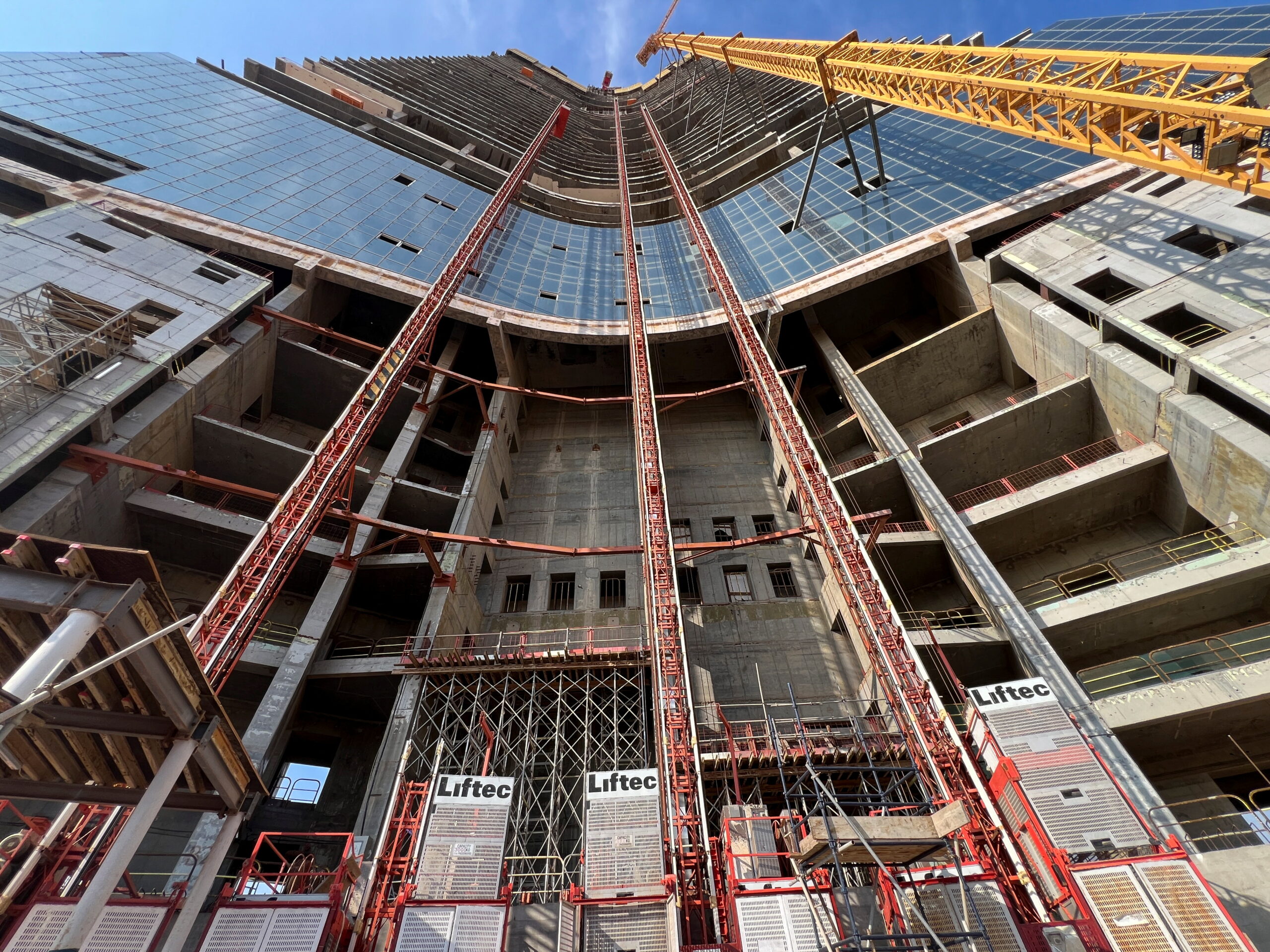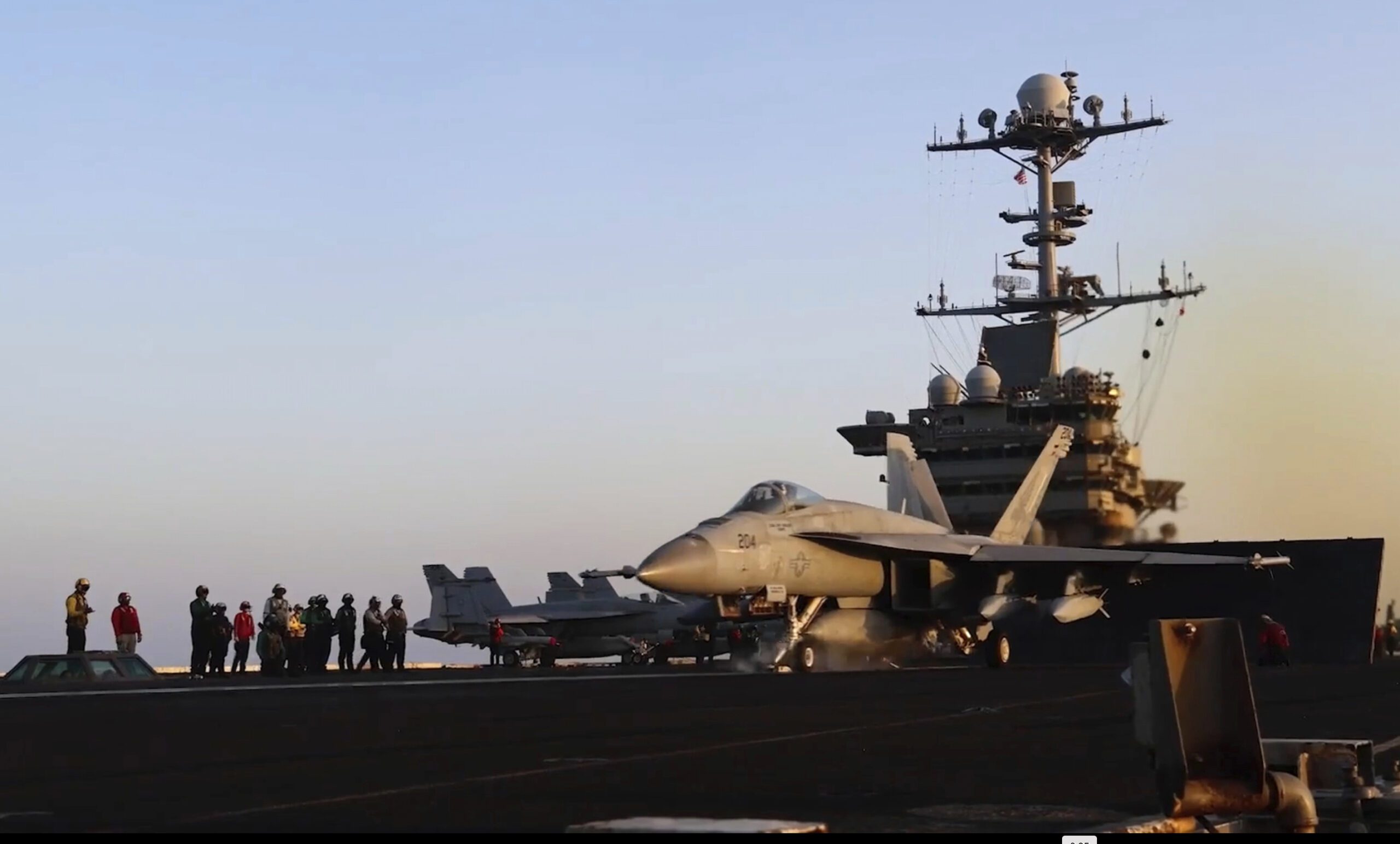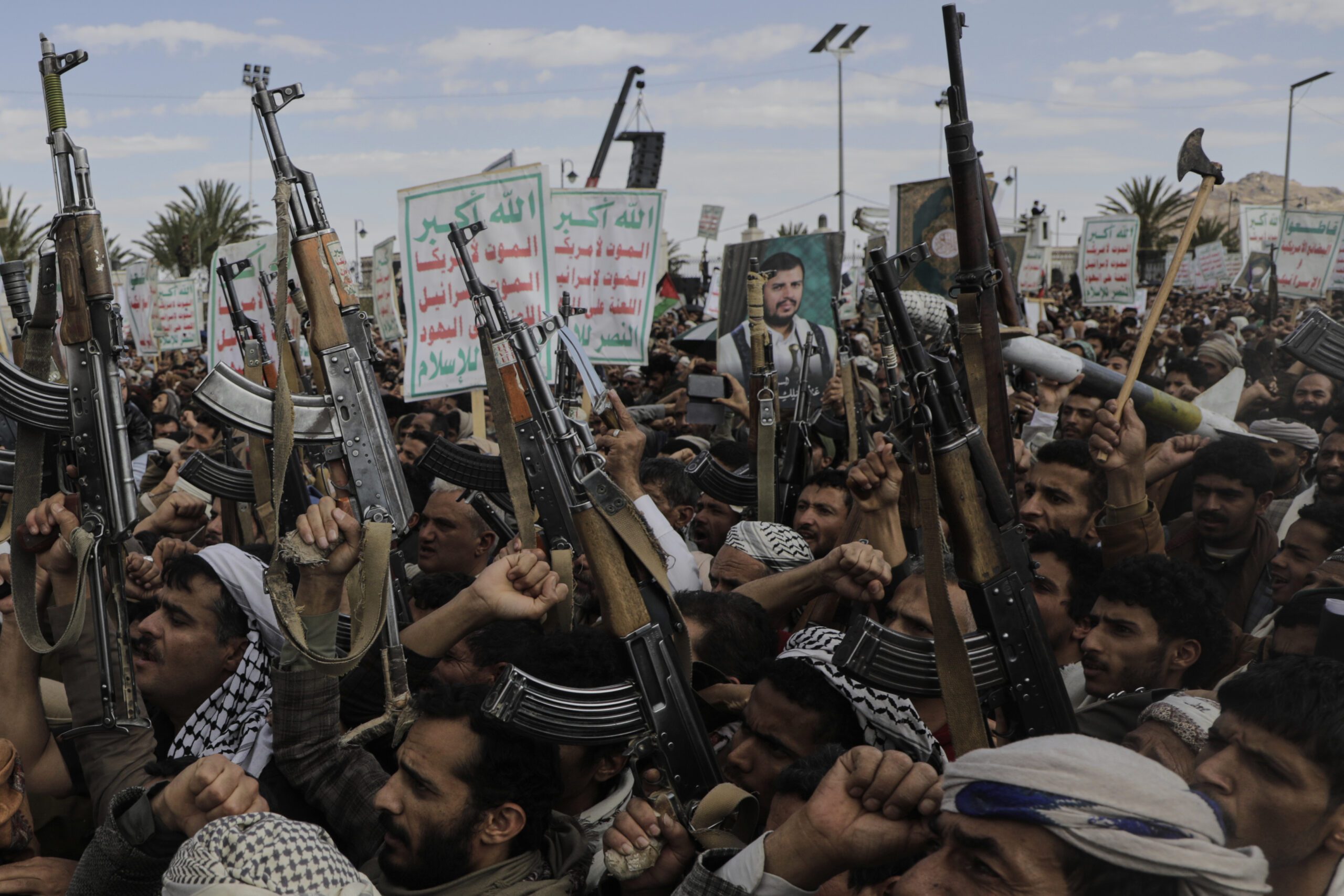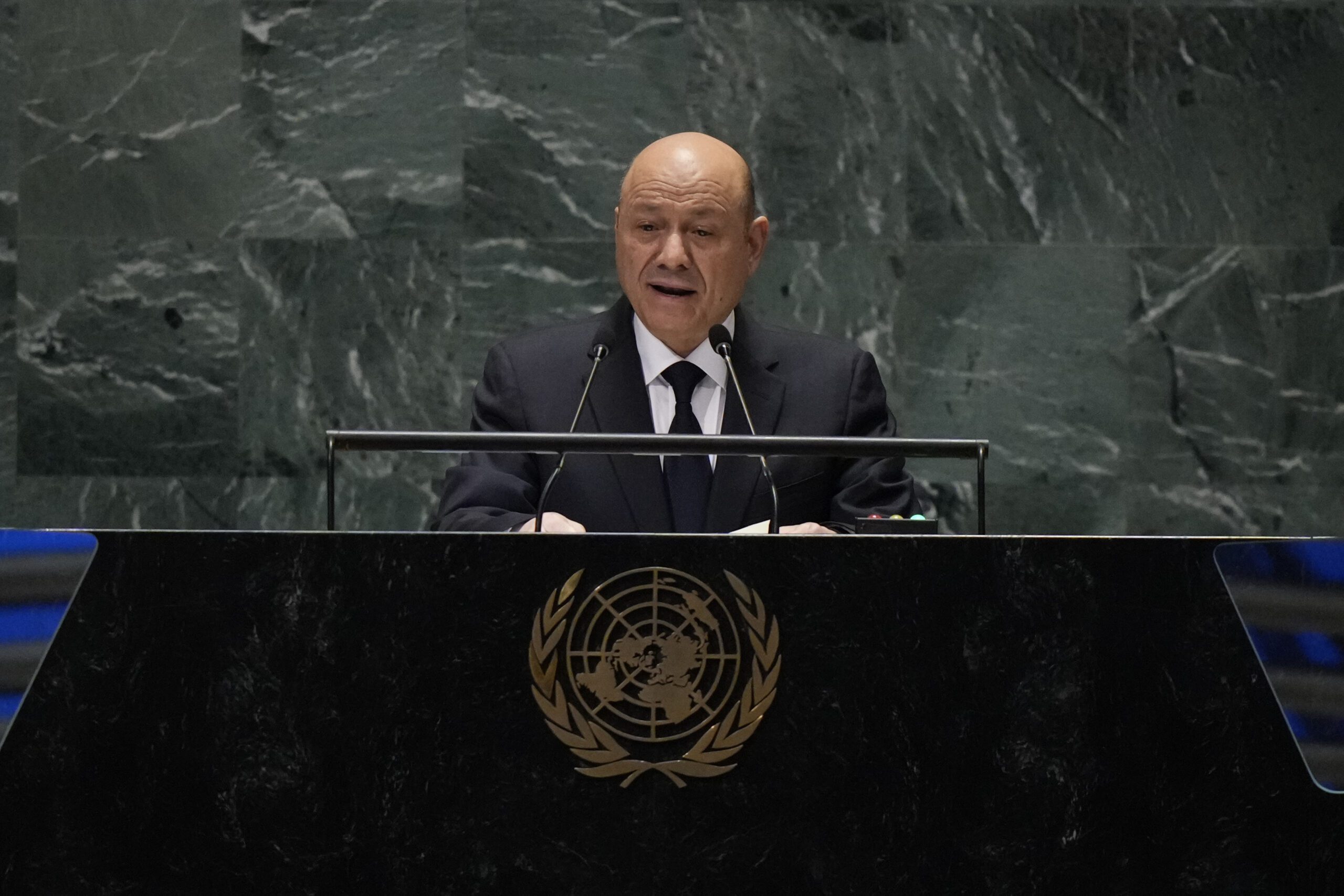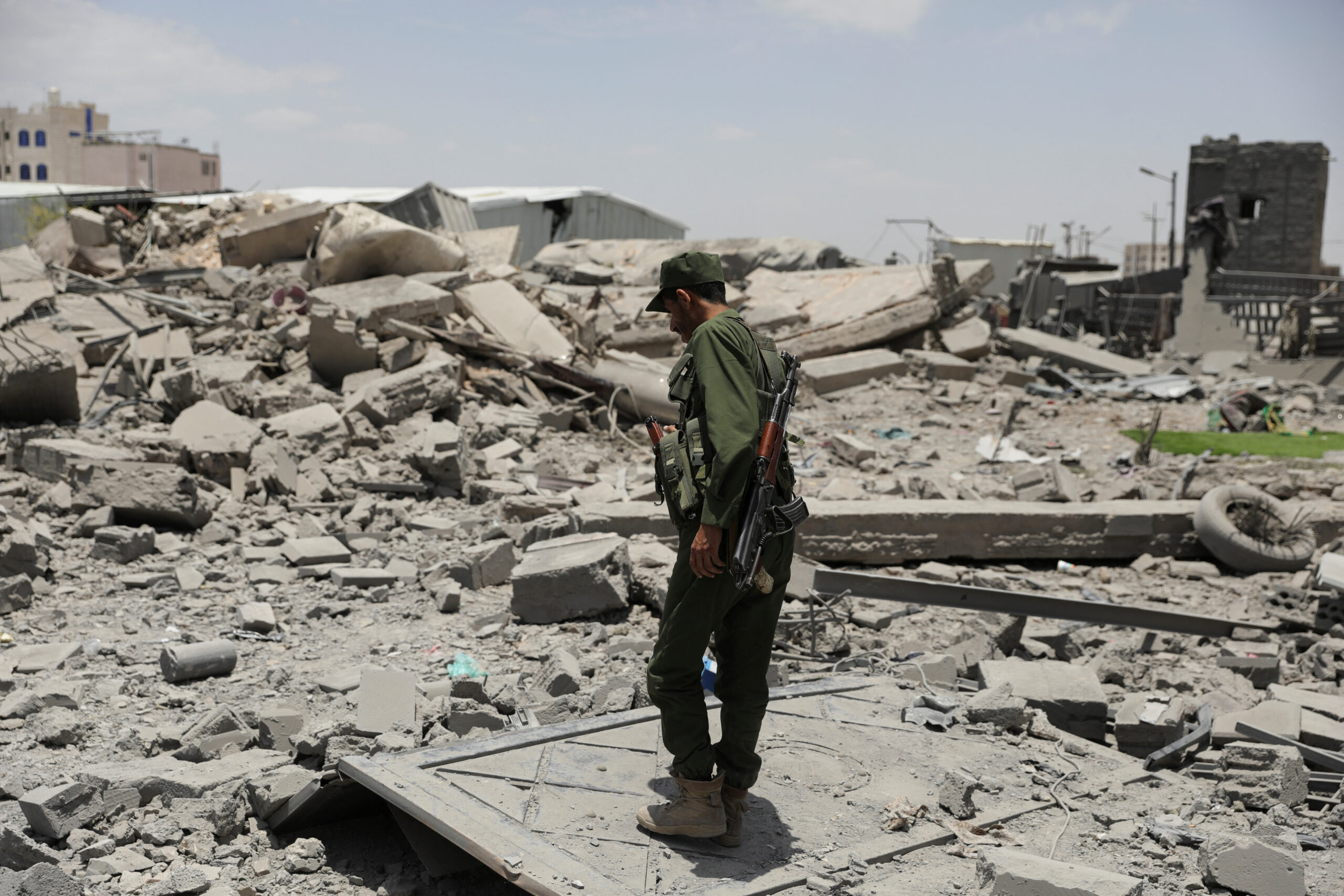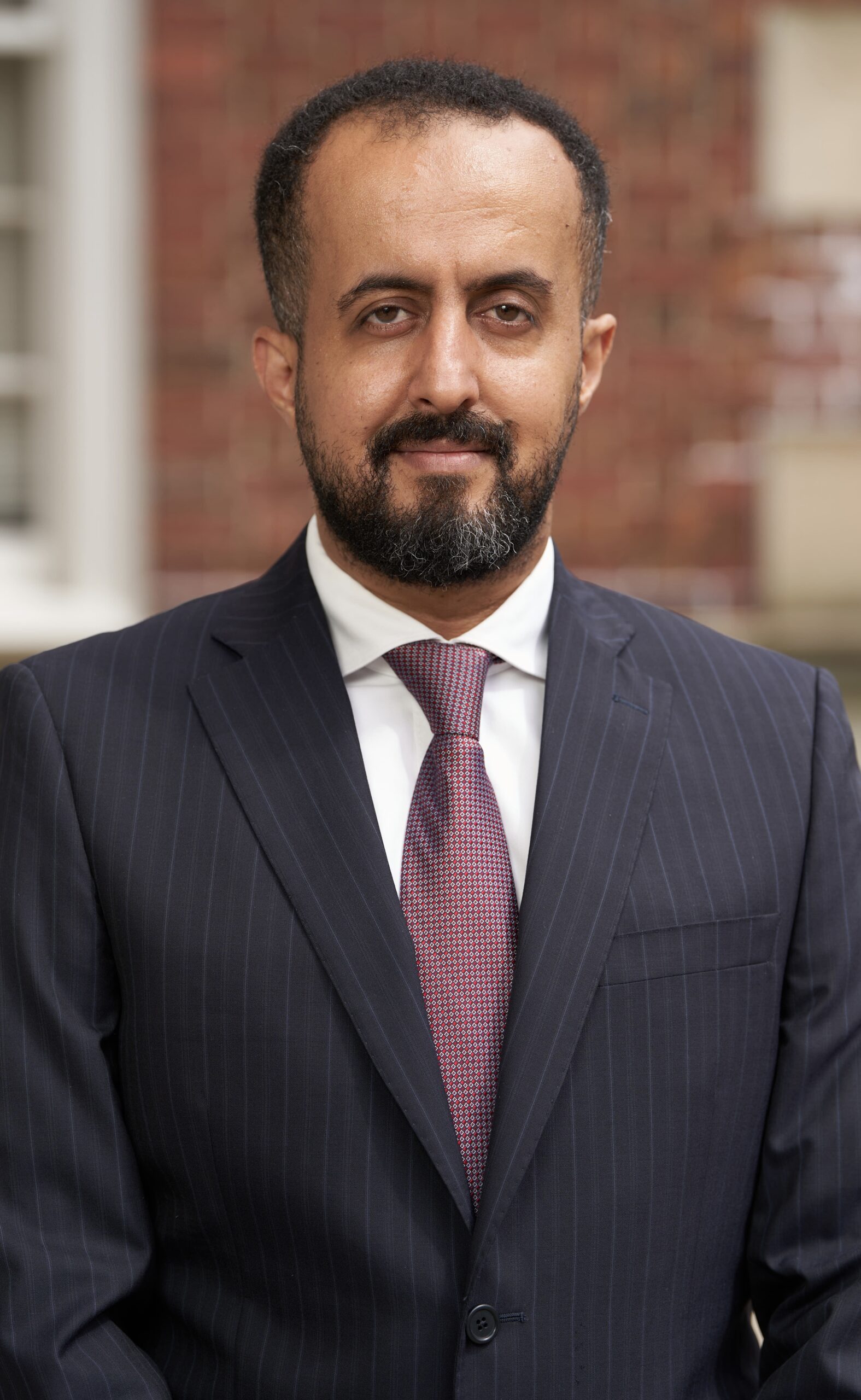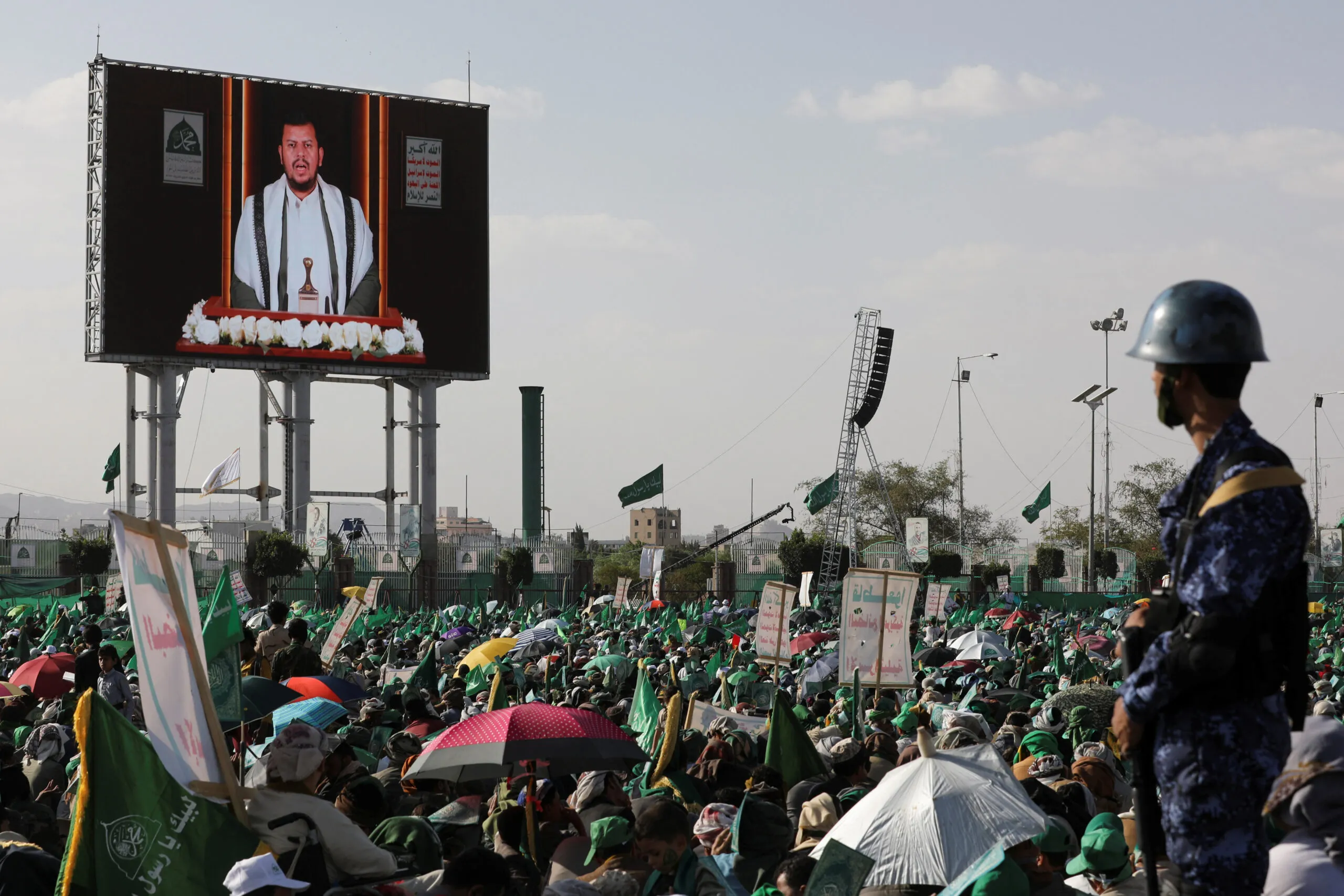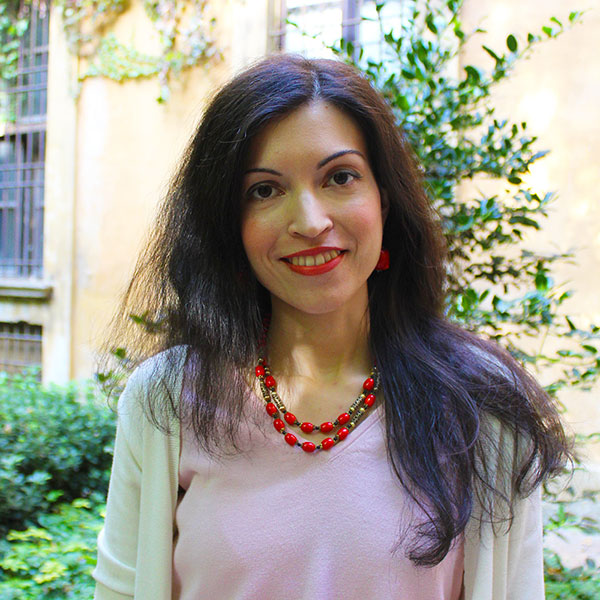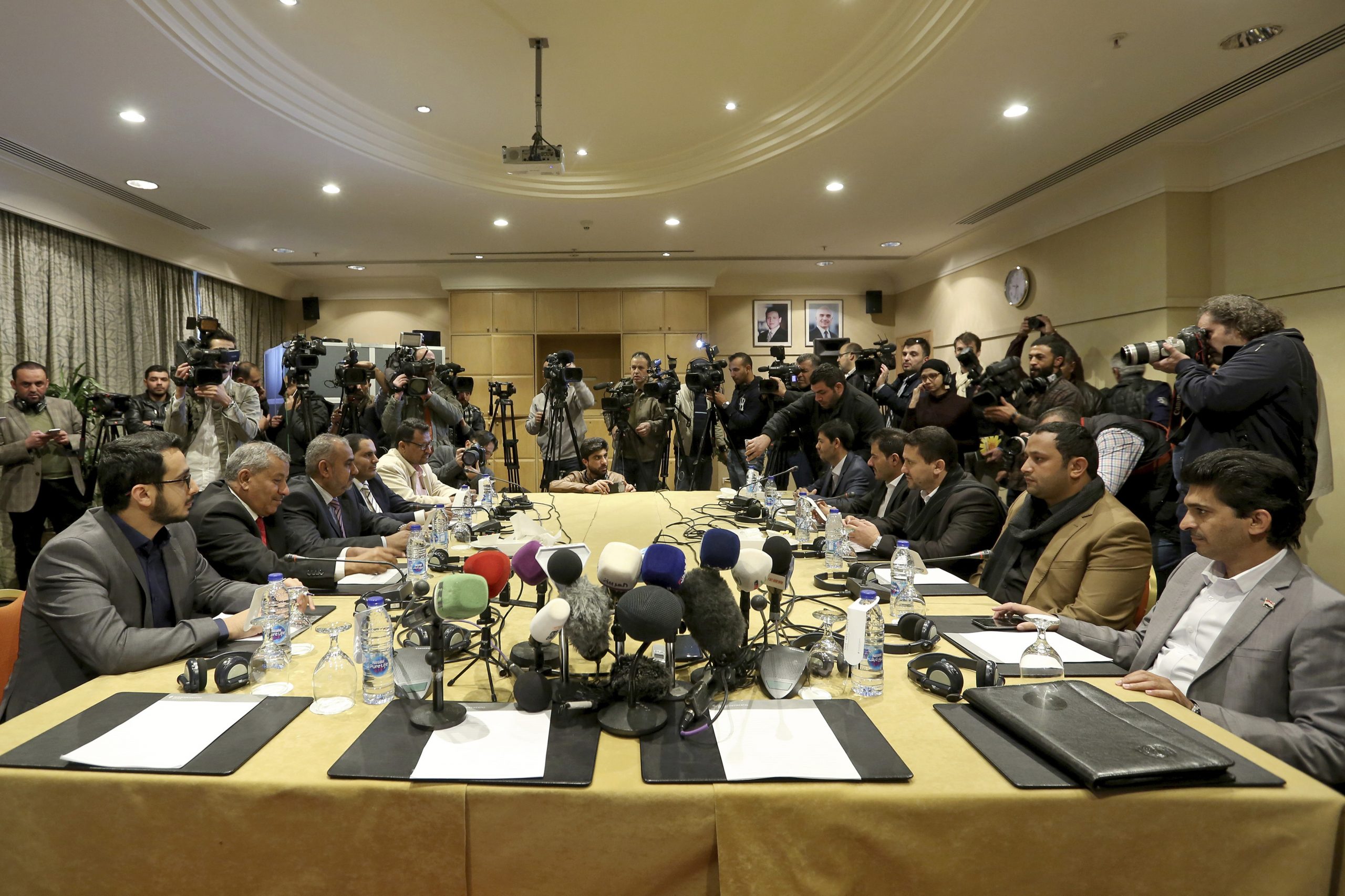Mar 28, 2022
The U.S., the Gulf, and Yemen: A Season of Frustration
Seven years since their intervention in Yemen, Saudi Arabia, and the UAE remain mired in a disaster, and they’ll need U.S. assistance to end the war.
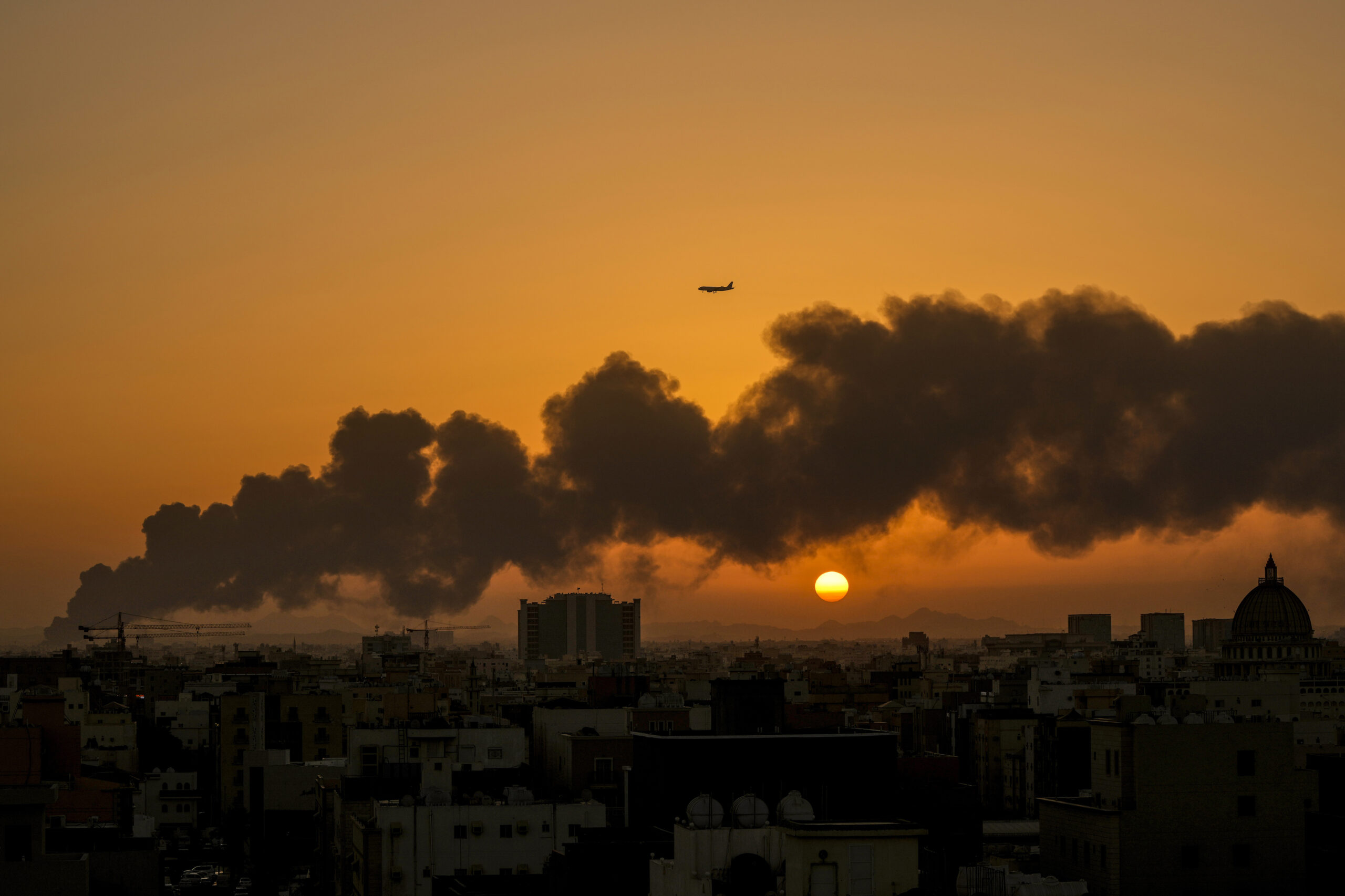
In November 2019, during his campaign for the presidency, then-candidate Joseph R. Biden Jr. called Saudi Arabia a “pariah” and said there is “very little social redeeming value in the present government in Saudi Arabia.” Biden’s comments, which came during a Democratic Party debate, were in reference to Saudi Crown Prince Mohammed bin Salman’s role in the killing of journalist Jamal Khashoggi as well as Saudi Arabia’s conduct during the war in Yemen.
As president, Biden initially took a similar, if slightly more diplomatic, line. White House Press Secretary Jen Psaki made clear in the early weeks of the Biden administration that the president would not be speaking to Mohammed bin Salman, the Saudi crown prince. “The president’s counterpart is King Salman,” she said. Biden also announced in February 2021 that the United States would be ending “all American support for offensive operations in the war in Yemen, including relevant weapons sales.” A few months later, the United States withdrew Patriot missile batteries from Saudi Arabia over strong Saudi objections.
Biden, who was vice president in the administration of former President Barack Obama when Saudi Arabia launched military operations in Yemen, was clearly frustrated with the kingdom and the feeling was mutual. Saudi Arabia didn’t think the United States was taking the kingdom’s security concerns seriously, particularly the threat from Houthi missile attacks, which has only grown in recent years as Iran has smuggled weapons into Yemen.
The United Arab Emirates, Saudi Arabia’s primary partner in Yemen, has also grown frustrated with the United States. In January, the Houthis launched two separate missile attacks at the UAE. The first attack, which struck fuel tankers and the Abu Dhabi International Airport, killed three people. The second attack, a week later, was aimed at a military base where 2,000 U.S. troops were stationed. The United States, along with the UAE, fired interceptor missiles to thwart the Houthi strike.
UAE officials expressed frustration that it took Biden “three weeks” from the initial Houthi attack to call Mohammed bin Zayed al-Nahyan, the crown prince of Abu Dhabi and the UAE’s de facto ruler. When General Kenneth F. McKenzie Jr., then the head of the United States’ Central Command, arrived in the UAE 22 days after the initial Houthi attack, Mohammed bin Zayed refused to meet with him. Since then, the feelings of frustration have only grown and festered on all sides, inspiring fits of pique and the sort of calculated slights that make repairing relationships increasingly challenging.
Russia’s war on Ukraine has only exacerbated the tensions. On February 25, the day after Russia began its invasion of Ukraine, the UAE, which holds a seat on the United Nations Security Council, abstained from a vote on a draft resolution condemning Russia. The UAE did so for two reasons.
First, the UAE needed Russia’s support on another vote in the Security Council three days later, the annual vote to renew the resolution on Yemen. The UAE wanted to come down hard on the Houthis following the missile attacks in January and – although some of its more strident proposals were slowly stripped away by other members – it did manage to include language labeling the Houthis a “terrorist group,” an unusual step for a U.N. Security Council resolution. (In previous years, Russia vetoed similar proposals.)
Second, like Mohammed bin Zayed’s snub of McKenzie in early February, the UAE wanted to send a message to the United States that it was frustrated with its seemingly slow response to attacks on the UAE, while the United States moved quickly on Ukraine.
In early March, The Wall Street Journal reported that both Mohammed bin Zayed and Mohammed bin Salman refused to speak with Biden. The White House pushed back on the report, but it was clear that tensions were growing.
Then, a few days later, the UAE publicly welcomed Syrian President Bashar al-Assad to the UAE, for his first visit to an Arab country since the uprising and civil war began in Syria in 2011. The visual was stark. Mohammed bin Zayed, who had refused to meet with McKenzie, an ally of the UAE, instead welcomed Assad, who is responsible for thousands of Syrian deaths, to his palace in Abu Dhabi.
The United States, which reportedly had no advance warning of Assad’s visit, was “blindsided.” State Department Spokesman Ned Price said: “The United States was “profoundly disappointed and troubled by this apparent attempt to legitimize Bashar al-Assad.”
One Emirati official, speaking on the condition of anonymity, told Axios that Assad’s visit was part of a new strategy of de-escalation and engagement that includes “talking to everyone in the region and trying to have no enemies.” How this strategy informs the UAE’s relations with Iran remains a bit vague, but the Biden administration’s attempt to push through a new Joint Comprehensive Plan of Action nuclear deal with Iran has little support in Abu Dhabi. Both Saudi Arabia and the UAE are wary of a new deal that could ease sanctions on Iran, potentially providing Iran with more money to support its allies and proxies throughout the region, including the Houthis.
But, like it or not, the United States, Saudi Arabia, and the UAE need one another. Part of this is the old oil-for-security implicit bargain which has been a key component of U.S.-Gulf relations for decades. But there is also more to it than that.
First, on oil for security, the United States needs both Saudi Arabia and the UAE to increase oil production, particularly in light of growing sanctions on Russia and rising domestic oil prices. In mid-March, the UAE demonstrated just how influential it is, when Yousef Al Otaiba, its ambassador in Washington, announced that the UAE supported pumping more oil, causing the biggest one-day price drop in nearly two years. Oil prices rebounded when the UAE’s minister of energy contradicted him, saying the UAE would abide by the Saudi- and Russian-led OPEC+ production agreement. But the message was sent: The UAE mattered to oil markets and prices in the United States.
For their part, both the UAE and Saudi Arabia need the U.S. security umbrella. When the Houthis attacked the UAE in January, it was U.S. interceptor missiles that were called into action, and even though Mohammed bin Zayed refused to meet with McKenzie, the United States announced it was replenishing stocks of interceptor missiles and sending F-22s to the country. The United States has also recently sent some Patriot missile batteries back to Saudi Arabia to help with the kingdom’s defense against Houthi attacks.
But U.S.-Gulf relations can and should be more than transactional. Seven years since their intervention, Saudi Arabia and the UAE remain mired in a disaster in Yemen, and they’ll need U.S. assistance to end the war, which is a stated goal of the Biden administration. For instance, Saudi Arabia’s latest offer to the Houthis included an invitation to talk at a Gulf Cooperation Council meeting. The Houthis initially responded favorably to the offer but said talks should be held outside of Saudi Arabia and the UAE, the two countries that were actively involved in the fighting. Saudi Arabia dug in its heels, refusing to budge from the scheduled venue in Riyadh, and the Houthis refused to attend.
It was another missed opportunity in a war that has been full of them. There is no guarantee, of course, that U.S. counsel would have led to a Saudi compromise. But it is a lot easier to provide counsel when there are open lines of communication. On a similar note, it is uncertain if the UAE would have still hosted Assad if it was not so frustrated with the United States. But, at the very least, it likely would have discussed his visit beforehand, as it has discussed similar moves since 2018, when the UAE reopened its embassy in Damascus, allowing the United States an opportunity to dissuade it.
On the U.S. side, as Washington increasingly pivots to a global competition with China, it will need to keep the allies and partners it has around the world, particularly in the Middle East, where China is attempting to make inroads. The U.S.-China competition will not take place solely in the Pacific. It is a worldwide competition, and to prevail the United States will need to create new allies and partners, while maintaining the ones that it does have.
The views represented herein are the author's or speaker's own and do not necessarily reflect the views of AGSI, its staff, or its board of directors.


